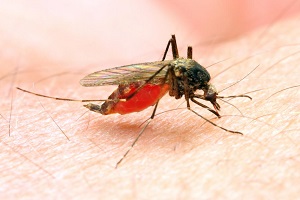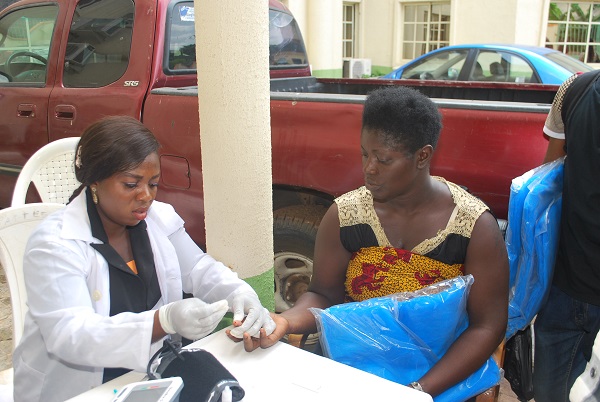Malaria: Hope Beckons With New Vaccine
By Sabina Idowu-Osehobo
Today, a lot of technological advancements have been made in the field of medicine; this has not always been so. The evolution of medical practice which started with the accidental discovery of the efficacy of certain plants saw a lot of trials, errors, and deaths. One thing though has remained constant; the commitment to research and continued improvement on practices and procedures. That is why the world now has vaccines for yellow fever, chickenpox, smallpox amongst others which were once killer diseases.
For a very long time, Africa was known as the “Whiteman’s grave” because of malaria. Thomas Livingstone, a 17th-century missionary and medical doctor famed to have discovered most of Africa for the western world, died from complications arising from a bout of malaria from which he never fully recovered after he lost his box of medical supplies. This, no doubt, contributed to the practice by both missionaries and colonialists of a box of quinine as the first basic item for a visit in Africa. It made the difference between life and death.
How Africans lived with and coped with malaria then is not the subject of discourse now. What is very interesting now is the fact that hundreds of years later in the 21st century, malaria once considered a killer disease in Africa, now has a groundbreaking vaccine recommended by the World Health Organization for children at risk.
The WHO in October 2021 recommended widespread use of the RTS, S/AS01 (RTS, S) malaria vaccine among children in sub-Saharan Africa and other regions with moderate to high P. falciparum malaria transmission. It said RTS, S/AS01 malaria vaccine should be provided in a schedule of 4 doses in children from 5 months of age for the reduction of malaria disease and burden. The recommendation is based on results from an ongoing pilot programme in Ghana, Kenya, and Malawi that has reached more than 800,000 children since 2019.
The next steps for the WHO-recommended malaria vaccine will include funding decisions from the global health community for broader rollout, and country decision-making on whether to adopt the vaccine as part of national malaria control strategies.
In Nigeria, the malaria challenge calls for more action to find a permanent solution in the form of deployment of the RTS, S vaccine through routine immunization. Funds should be allocated for further research. There is also the need for commitment and the political will to fight the disease.





